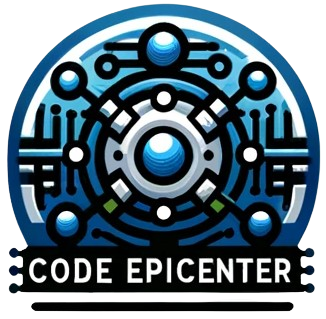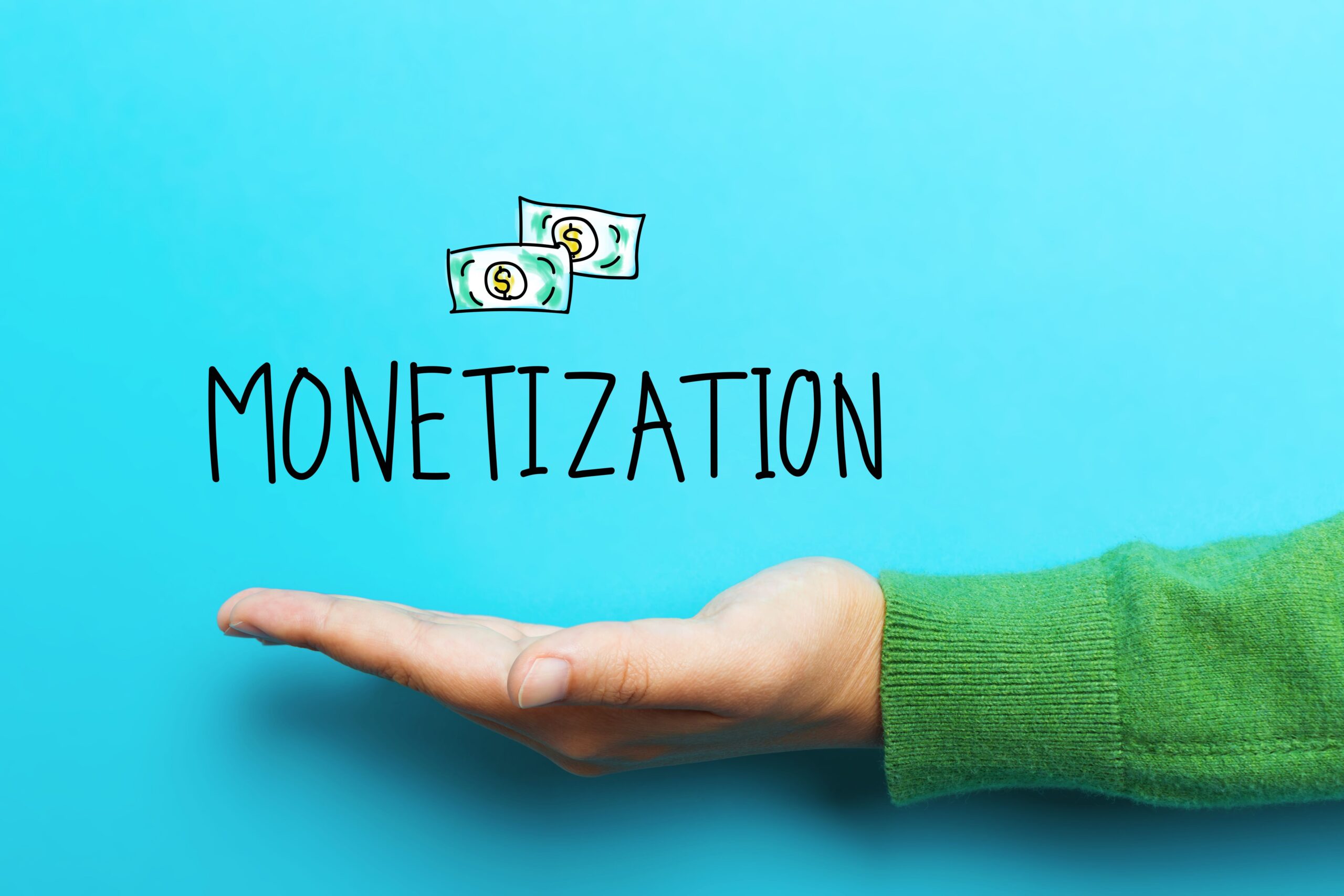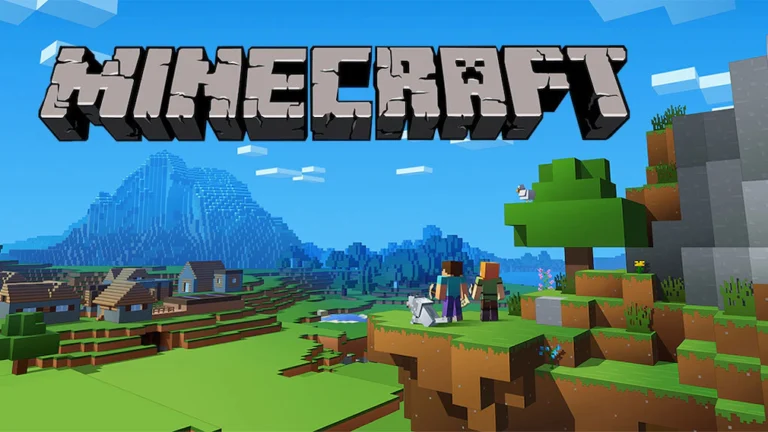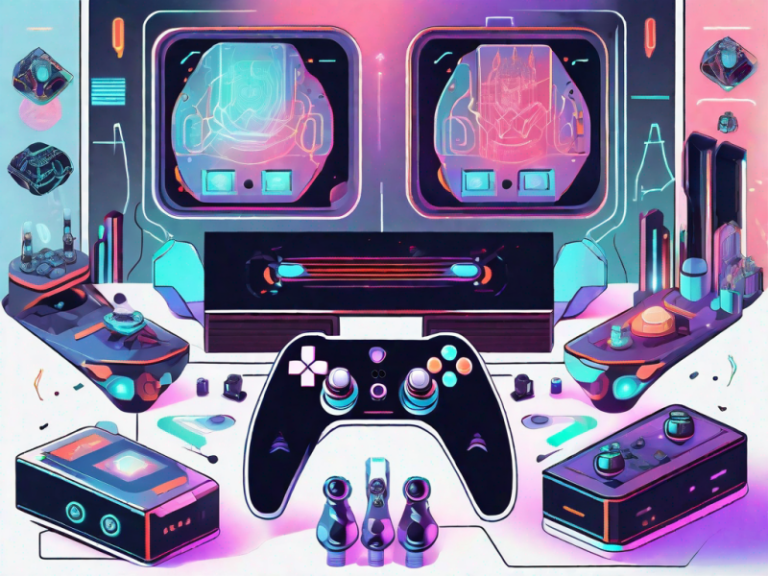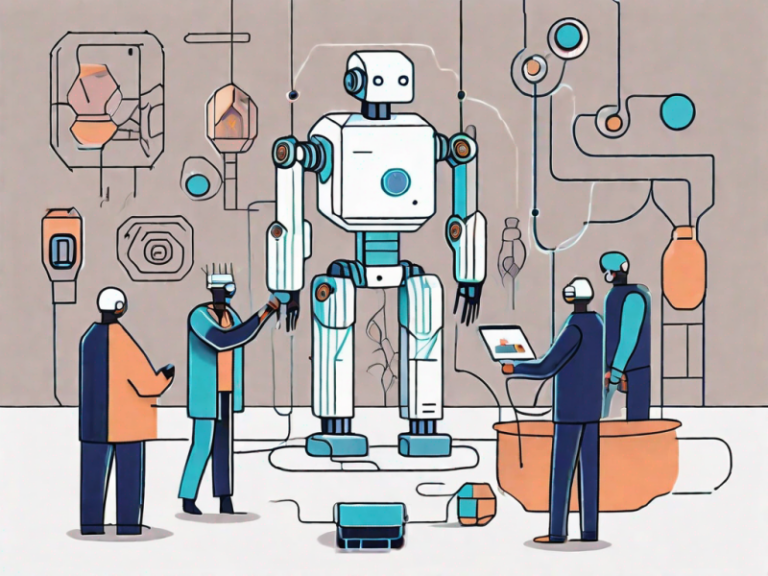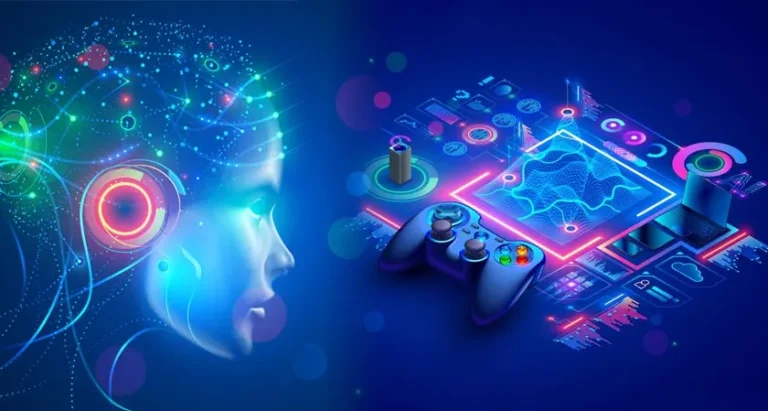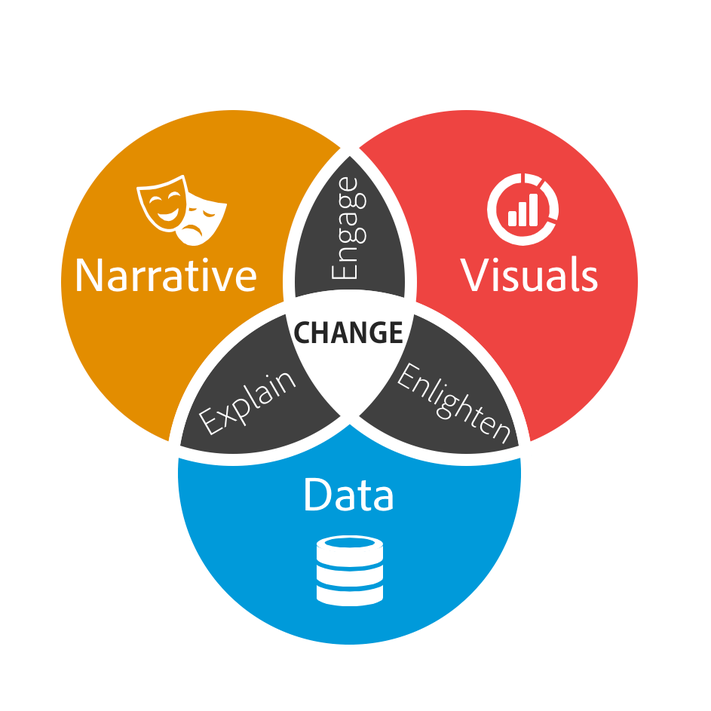In the highly competitive landscape of the gaming industry, player engagement is paramount for success. As developers strive to retain players and increase monetization opportunities, they are increasingly turning to artificial intelligence (AI) to enhance their engagement strategies. In this article, we’ll explore how AI-driven player engagement strategies are revolutionizing the gaming industry and driving long-term success for developers.

Personalized Content Recommendations
One of the most powerful ways AI is transforming player engagement is through personalized content recommendations. AI algorithms analyze player data, such as gameplay preferences, behavior, and purchase history, to deliver tailored content recommendations. Whether it’s suggesting in-game purchases, events, or challenges, personalized recommendations increase player engagement by offering content that resonates with each player’s unique interests and preferences.
Read about also: Streamlining Development Processes for Faster Prototyping.
Dynamic Pricing Strategies
AI-powered dynamic pricing strategies are also reshaping player engagement and monetization in games. By analyzing player behavior and market trends in real-time, AI algorithms can adjust pricing dynamically to optimize monetization opportunities. For example, AI may adjust the prices of in-game items or premium content based on player demand, scarcity, or willingness to pay. This dynamic pricing approach maximizes revenue while ensuring players perceive value in their purchases, leading to increased engagement and monetization.
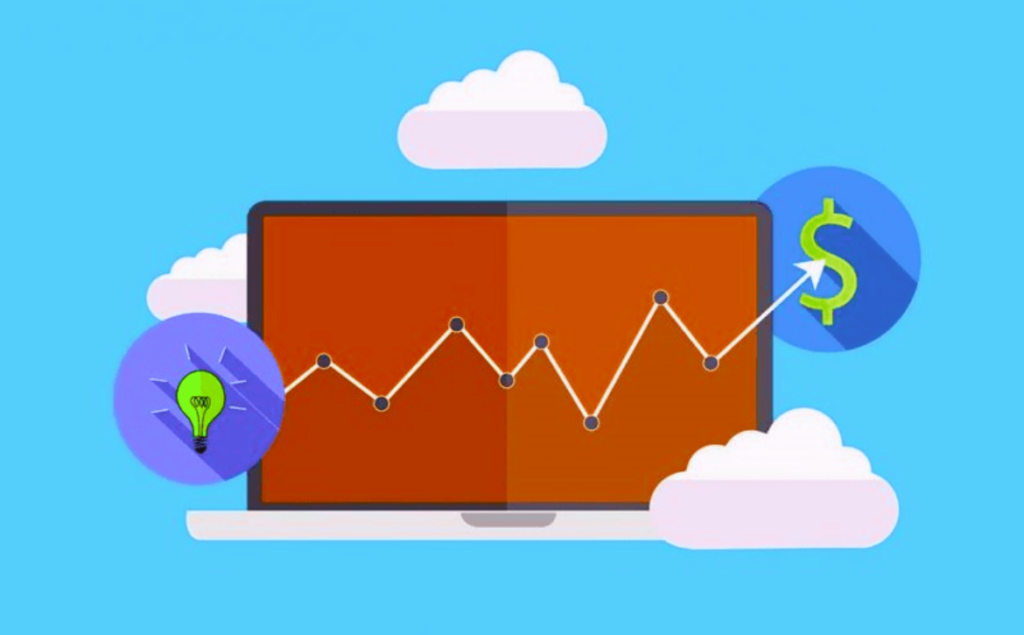
Player Retention Strategies
AI-driven analytics tools are invaluable for identifying at-risk players and implementing targeted retention strategies. By analyzing player data, AI algorithms can predict player churn and recommend personalized retention tactics, such as offering incentives, rewards, or special events. These targeted strategies increase player loyalty and retention by addressing the specific needs and preferences of individual players, ultimately leading to longer player lifetimes and increased revenue.
Community Management and Social Engagement
AI-powered chatbots and social media algorithms are transforming community management and social engagement in games. Chatbots can interact with players in real-time, answering questions, providing assistance, and facilitating community engagement. AI algorithms can also analyze social media data to identify trends, sentiment, and player feedback, enabling developers to tailor their engagement strategies to the needs and interests of their player community. By fostering community engagement and social interaction, AI-driven strategies strengthen player connections and increase overall engagement with the game.
Conclusion
AI-driven player engagement strategies are reshaping the gaming industry by offering personalized content recommendations, dynamic pricing strategies, targeted player retention tactics, and enhanced community management and social engagement. As developers continue to leverage AI technology to optimize player engagement and monetization, they are poised to drive long-term success and profitability in the ever-evolving world of gaming.
